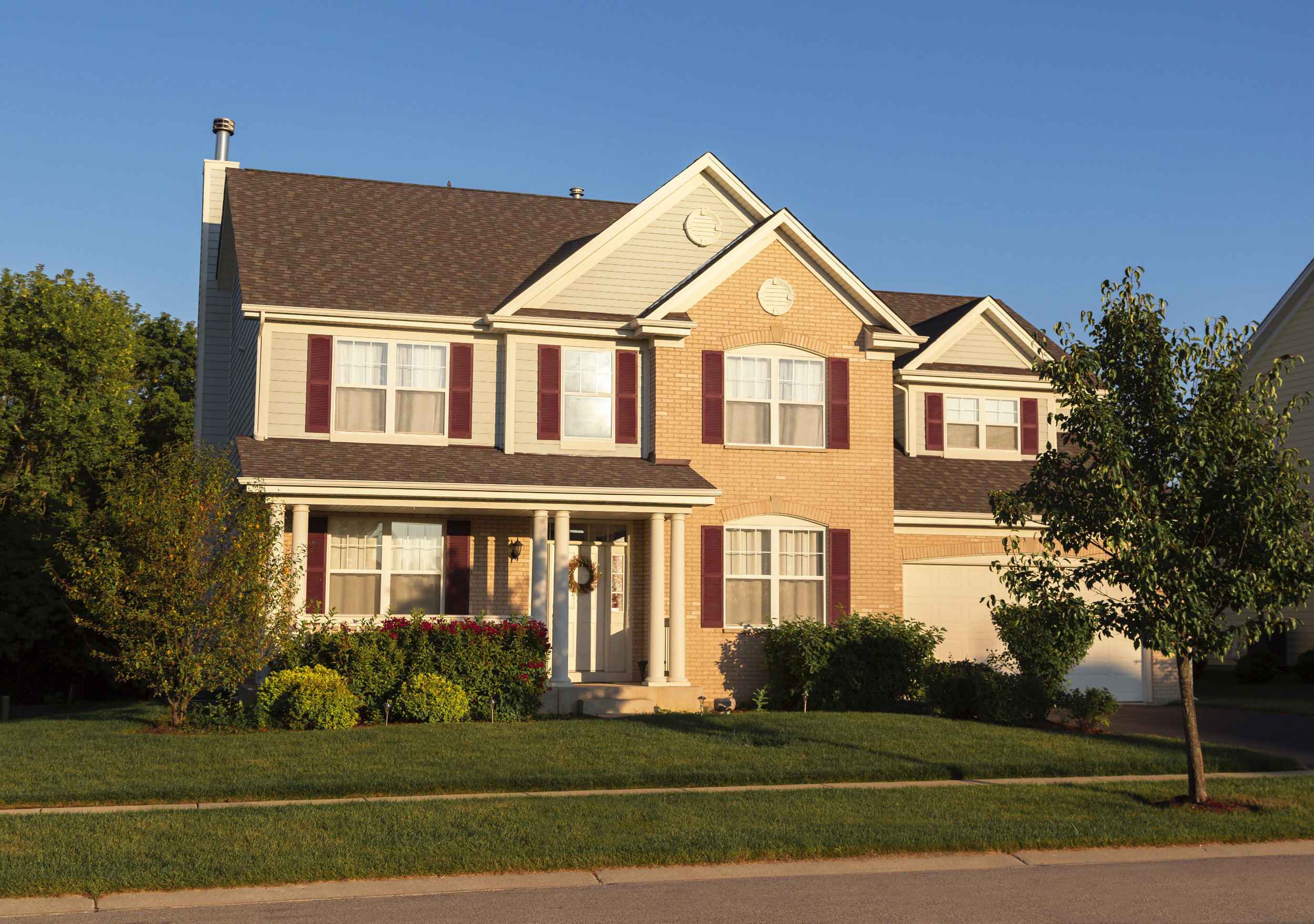Conventional on-site septic leach field systems, such as the gravel and pipe system, are quickly being replaced by gravel-free biodiffuser systems in Tarrytown, NY. Biodiffuser systems are not only a cost-effective wastewater management solution, but have a surprising number of other benefits as well.
Cost
Although it is true that gravel is an abundant natural resource, and is therefore inexpensive, the cost of transporting the necessary bulk of high-quality gravel makes up for the low-cost of material. Generally, many tons of gravel are needed for an effective septic system, and this raises the cost of installation significantly. Because biodiffuser systems are both lightweight and easy to handle, the labor costs of construction and installation are, by comparison, negligible.
Related: What To Know Before Signing Up For A New Septic Tank Installation In Montrose, NY
Easy to Handle and Install
Because biodiffuser systems are surprisingly sturdy while still being lightweight and easily transportable, most heavy construction equipment is unnecessary. Aside from cost-efficiency, this has a number of benefits. The damage and disruption notoriously caused by conventional septic installation is virtually absent when installing biodiffuser systems. Furthermore, heavy equipment, and load after load of gravel, are often unable to access many potential installation sites. This means that a conventional septic system may have to be installed at a less than ideal site - installation may even be impossible. Biodiffuser systems, on the other hand, do not typically require heavy equipment and, therefore, can be installed almost anywhere. Due to the lightweight and relative flexibility of biodiffuser systems, they are even able to conform to sloped and curved land sites. For the problematic or hard to reach access site, when conventional septic systems are not an option, the biodiffuser system is the solution.
Easier on Soils
At access sites with soil that is susceptible to structural damage, like smearing, biodiffuser systems are an excellent alternative. Heavy machinery, construction, and the gravel itself can wreak havoc on soil structure. Typically, several tons of gravel is necessary in conventional leach field construction. This means that heavy machinery must make a number of trips, unloading gravel up and down trenches. This can greatly upset the surrounding soil, causing compaction and reducing permeability. This means that wastewater will have a difficult time passing through the soil and the septic system will not work function optimally. This requires more maintenance, and therefore, a higher cost. The less-intrusive biodiffuser systems, not being reliant on heavy equipment, are far more soil-friendly, and therefore, require less maintenance due to soil damage. The biodiffuser systems are, therefore, the better option when wanting to maintain the integrity of the soil.
Avoids Dust and Fine Particles
Nobody wants to deal with an ineffective septic system. Unfortunately, using the conventional gravel-lined leach fields, even when the gravel has been washed, means that dust and other fine-particle materials are inevitably released during construction. The dumping and shoveling of the gravel releases fine particles that will likely find their way into the leach field system. This can lead to clogged soil and a less-effective septic system. Fortunately, these problems can be completely avoided by using entirely gravel-free biodiffuser systems.


